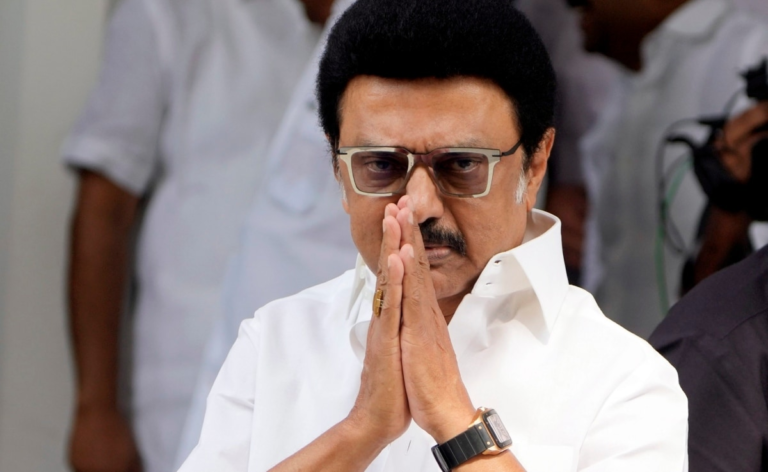
The Supreme Court (SC) did well to reject the plea of the State Bank of India (SBI) for an extension on the disclosure of details about electoral bonds and direct the State-owned bank to furnish these before the Election Commission of India (ECI) by the end of business hours on Tuesday, March 12. ECI has been directed by the Court to publish these details on its website by March 15.

On February 15, the SC scrapped the electoral bonds scheme and directed SBI — the sole issuer of the bonds — to give the details of bonds sold and redeemed by March 6. Two days before this deadline, SBI sought an extension till June 30, citing the difficulty of correlating donor details with those of the redeemers, given some of the details were held by the bank in physical form rather than digital. Allowing the extension would have rendered the Court’s push for transparency in election funding infructuous since the upcoming Lok Sabha elections would have been long over.
While the SC refused to deem SBI’s delay a contempt issue, the optics for the bank couldn’t have been worse. The SC had not specified if the correlated details were to be given to the election watchdog as claimed by the bank, and even if it did not deliberately misinterpret the February 15 judgment, its push for an extension hints at a certain degree of insincerity in complying with the apex court’s orders.
The ball is now in ECI’s court. As a Constitutional body, it is beholden only to constitutional values and must comply with the Court’s directive. As the custodian of the electoral process, it should further the Court’s push to privilege the rights of citizens over privacy sought by donors and do its bit to reform election funding. And, at some stage, the donors must be matched to recipients.
Continue reading with HT Premium Subscription
Daily E Paper I Premium Articles I Brunch E Magazine I Daily Infographics








